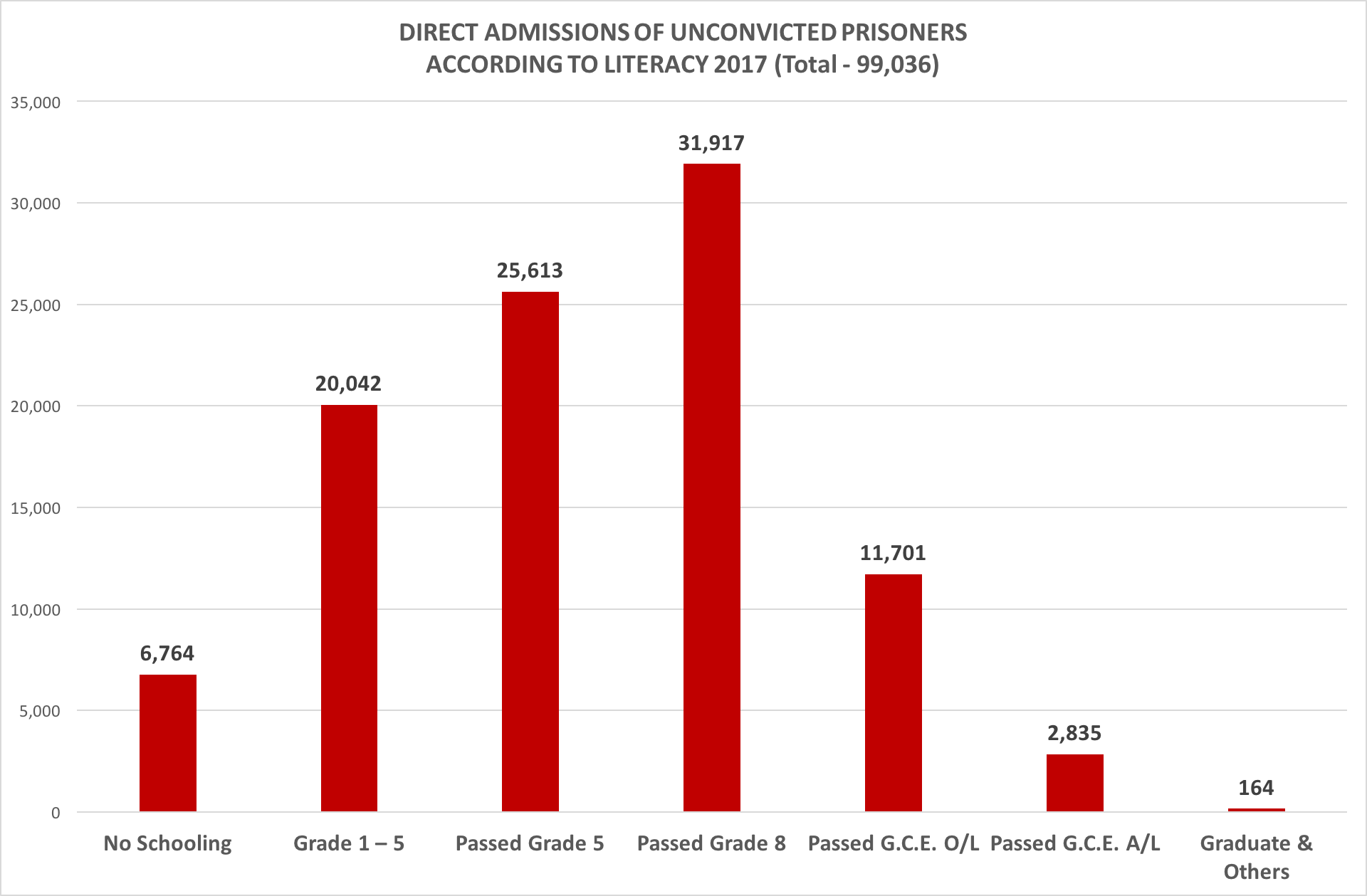- Provide all police services in each district e.g. At present, police clearance
certificate to seek employment abroad is issued only in Colombo.
- Introduce a “Home Police” programme.
The proposed “Home Police Programme” provides door-to-door services to resolve
any minor disputes within the community. Recruit 4,960 female police officers, (10
officers per station totalling to 496 police stations across the island) and provide 5
motor bikes per station.
1,700 police officers retire every year and these officers could be recruited and
trained online and onsite for their tasks including policing domestic issues such
as child abuse, domestic violence and school safety to reduce the current daily
complaints from 3,000 to 2,000.
“Home Police Programme” to be monitored centrally and completed within a
period of 3 years.
- Accelerate investigations through real time information exchange. This will happen
through an electronic witness statement that consists of electronic suspect image,
mobile digital case file with real-time sharing, digital evidence capture, mobile
ID verification, multi system search in custody and crowd sourced investigation
through social media.
- Streamline and digitalise processes such as speeding tickets to increase efficiency.
- Explore proactive policing – Utilise demand forecasting technology to reach potential
crime scenes pre-emptively. Use predictive policing analytics to model future risks
and evidence based intelligence analytics to drive deployment decisions.
- Introduce spot fines through hand held electronic or mobile payment systems to introduce spot fines.
- Build dedicated drug testing labs and DNA testing labs in each district to assist
finding evidence for police investigations.
- Introduce the E-police application, which is an integrated platform to address the
needs of all law enforcement units such as automated biometric identification
systems, forensic analysis and case-management systems.
- Introduce online training videos for police officers.
- Launch an official YouTube channel to spread awareness on substance abuse and
mental health services.
- Launch a free app that empowers health care practitioners to provide effective,
evidence-based care for opioid use disorders when providing Medication-Assisted
Treatment (MAT).
- Publish an online magazine for parents addressing teenage drug abuse and effects
of alcohol and rehabilitation. Articles could cover the following areas;
- Addiction and how to overcome it.
- Hidden signs of drug addiction.
- How each day in rehabilitation leads to personal improvement.
- Why Fentanyl is threatening Sri Lanka.
- Why ignoring mental health and addiction can be a very costly mistake.
- Teens and cannabis.
Prison Rehabilitation
Disciplined Citizens

×
![]()
(Source: Department of Police)
Sri Lanka had 99,036 unconvicted prisoners in 2017, of whom 6.8% had no schooling,
52.9% had studied only up to grade 5 and 85.1% had studied only up to grade
8. However, the total percentage of unconvicted prisoners who passed A/Ls and
progressed in education beyond A/Ls was only 3.1%.
Therefore, if every child is educated at least up to A/Ls, 50% of prisons can be shut down.

